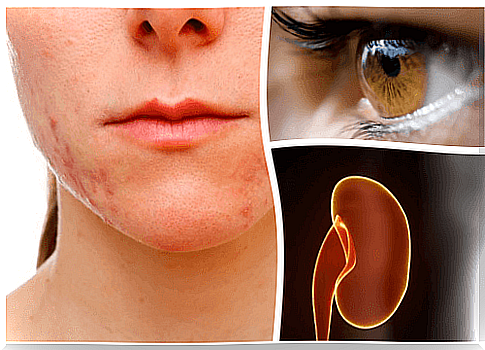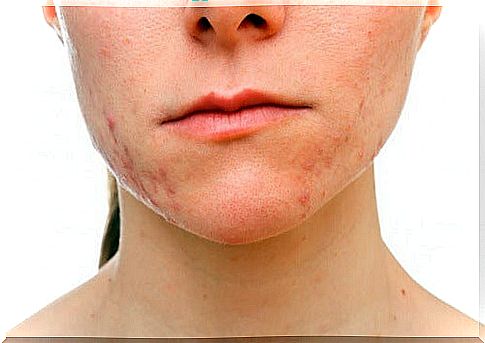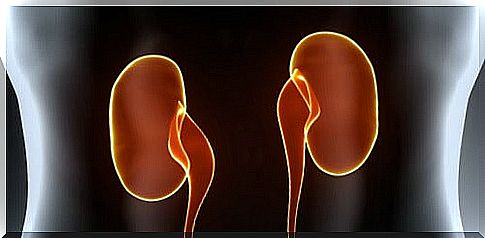What Organs Are Affected When We Suffer From Stress?

Stress is a feeling of physical and emotional tension that can appear as a reaction of the body to different situations or thoughts, and can be caused by frustration, anger and nervousness.
At low levels, it is possible to speak of stress as something positive, as the reaction in the body can prevent us from being in danger or going through a risky situation.
However, most people experience a kind of strong tension that can cause serious physical and emotional health problems.
With the modern lifestyle so busy, the cases of people with this problem are increasing and the disorder is evolving, becoming more difficult to control.
Worst of all, most people who suffer from it don’t pay enough attention and, in the end, it’s their health that suffers the consequences.
A recent study by the American Psychological Association (APA) found that 40% of adults with stress have trouble sleeping.
However, in addition, did you know that stress is related to changes in some organs of the body and that, as a result, it can reduce your quality of life even more?
In order for you to have a clear idea of how stress affects your life, below we will share the 8 organs affected by this disorder.
Skin

The tension caused by this disorder causes the body to act through an inflammatory response that causes the pores in the skin to clog. This blockage causes the skin to redden and accumulate sebum or pus.
In conclusion, stress can become one of the causes of acne on your face.
Lungs
The lungs are affected, as their function is altered and their immune response to external agents diminishes.
A study revealed by the University of São Paulo identified that there could be a relationship between asthma and stress, since the balance in the body is disrupted.
Heart
By causing permanent tension, high levels of stress influence the rise in cholesterol, blood pressure and triglycerides in the bloodstream.
In an article from the National Library of Medicine of the United States, it was revealed that people who suffer from chronic stress have problems with their heart rhythm.
Eyes

A study by the Clínica da Bavaria (European Ophthalmological Institute) suggests that excessive physical and emotional stress can cause eye tremors, as it can stimulate a small muscle that performs the function of lifting the eyelids.
Furthermore, stress was also associated with blurred vision.
Liver
The accumulation of stress hormones causes changes in the cells that are in the liver, which are responsible for destroying hepatocytes, causing specific liver diseases to occur.
Brain
Being overly stressed increases the production of a hormone called cortisol. Excess cortisol can negatively affect the frontal cortex, which is responsible for decision making and memory.
Kidneys

When cortisol levels increase due to stress, some organs can be affected by the renal excretion of phosphate, which, in turn, can cause muscle weakness, bone changes such as rickets, among others.
intestines
Intestinal health has a great influence on overall health and that is why it is very important to take care of the colon and the entire digestive tract.
When stress increases, colon problems begin to develop and this can lead to symptoms such as gas, abdominal pain, or inflammation.
How to fight excess stress?

To eliminate frequent stress, you can keep in mind some points that help to fight it and eliminate it so that it doesn’t affect your health.
If you are among the thousands of people who are concerned about constant stress, stay tuned for the following recommendations:
Use relaxation techniques such as meditating, doing yoga, dancing, taking a hot bath, or enjoying the benefits of aromatherapy.
- Exercise every day.
- Plan your activities according to the time you have available
- During work, take a few breaks, stretches and, if possible, get some fresh air.
- Set time to take care of yourself and do what you love.
- Stay away from negative people
- improve your diet
- Increase water consumption
- Avoid bad habits like smoking and alcohol









